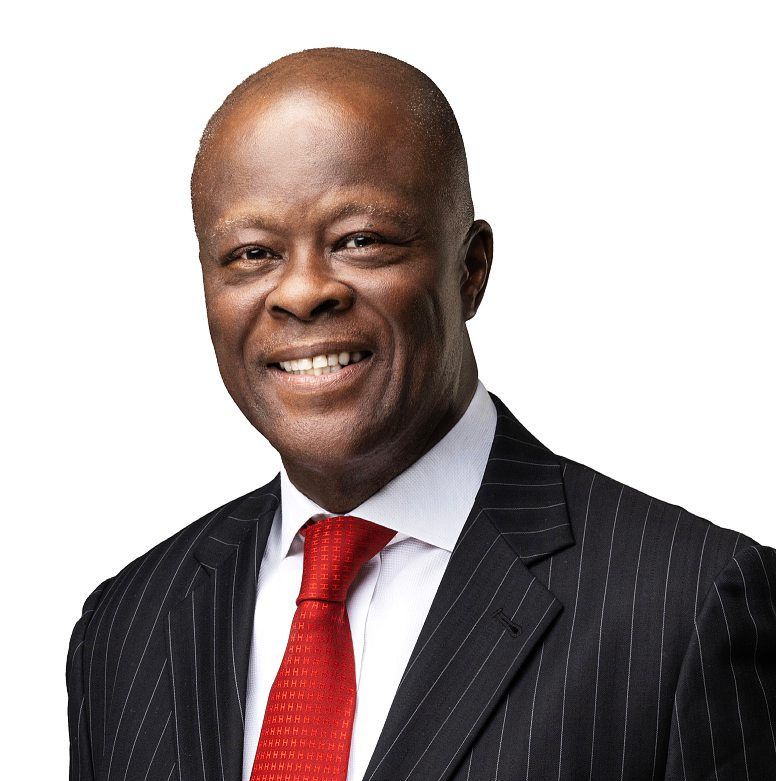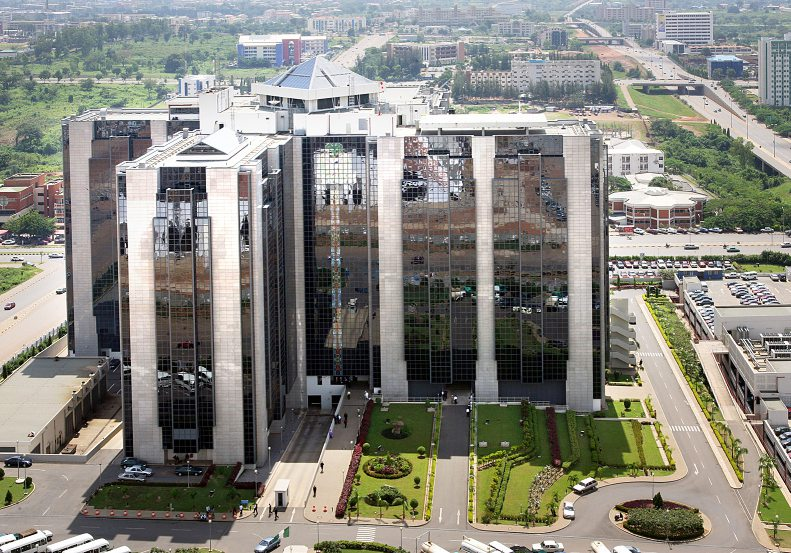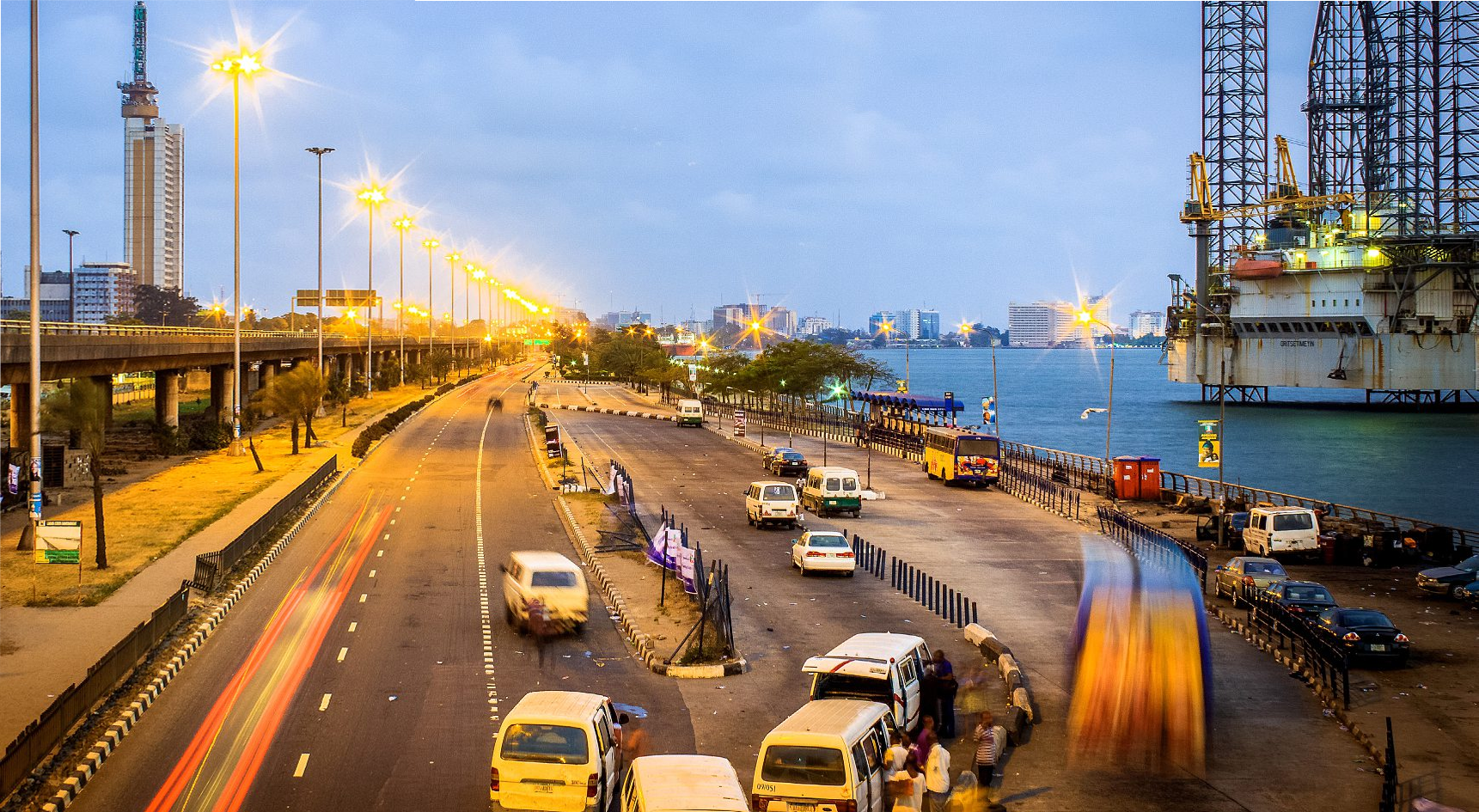Olawale Edun
«Our reforms are brave»
Nigeria’s Minister of Finance and Coordinating Minister of the Economy
Boasting Africa’s highest GDP, Nigeria is a model of success for the entire continent but faces runaway inflation and fallout from the repeal of fuel subsidies. The new government has made growth a priority.
AM: How is Nigeria’s economy doing?

Olawale Edun: President Tinubu turned the economy around within just five months of taking office. Economies worldwide are slowing down and still dealing with the effects of Covid. The only one that has really returned to its pre-pandemic growth levels is the United States. All the rest are struggling and focusing on driving down inflation by keeping interest rates high. It’s obviously hard for developing countries to borrow on advantageous terms, except perhaps from multilateral development banks like the World Bank.
Like everywhere else, Nigeria’s economy is growing sluggishly, at about 3% a year. That’s too slow to keep pace with population growth. Our economy would have to expand by at least 6% a year to have an impact on poverty. President Tinubu aims to steadily and inclusively increase the pace of economic growth by giving women and youth a key role. High, if not unaffordable, interest rates mean that Nigeria is deeply in debt. Over 90% of the country’s revenues are devoted to debt service. So we must focus on what we call “equity”, i.e., investments. As soon as he was sworn in, the president took a bold step for the country by repealing fuel subsidies, which were costing the government 2% of GDP. He reformed the exchange rate to make it more transparent and efficient. These measures drove up the cost of living. During his campaign, Bola Tinubu promised that he would carry out difficult reforms, but without leaving the poorest and most vulnerable people behind. He has taken a series of important initiatives to improve food supplies and make public transport cheaper by replacing petrol with gas.
The changes the president made were necessary. Nigeria was ailing. The subsidies were a bottomless pit driving the country into bankruptcy. Petrol was so cheap that it was wasted and even smuggled across borders to be sold at higher prices in neighbouring countries. Now, smuggling has been more or less eradicated. Consumption has fallen from 60 million to 40 million litres a day because 20 million litres are no longer smuggled. That’s one of the first positive effects. But the main advantage is that the country’s finances now rest on healthy foundations, which allows the government to have enough revenues to meet its obligations and invest in infrastructure, etc. The repeal of the fuel subsidy, which was draining the economy, has put Nigeria on the road to financial recovery.
Where will you find the money to finance the reforms?

When you can’t borrow, you’ve got to find money from investors. The economy must therefore be reformed to make it more appealing not only for our people and domestic businesses but also international companies operating in Nigeria. The biggest source of financing isn’t loans or multilateral institutions. It’s the private sector. So Nigeria must be poised to attract massive investments from the private sector to manufacturing, services, agriculture, infrastructure and a whole range of revenue-generating activities.
Why has the naira been devalued, and what do you expect this to accomplish in the short and medium term?
Scarce currency led to massive corruption. The reforms aim to establish a market model where buyers and sellers agree and supply and demand set prices. In the short term, we’re planning measures to increase the immediate supply of currency on the market. In the longer term, we expect a rise in foreign direct investment and foreign portfolio investments among the various flows into Nigeria’s economy.
What are you doing to fight inflation, which currently stands at about 25%?
It’s at 25.8% to be exact, which is high. It’s one of the reasons the cost of living has risen and people are feeling the pinch of the reforms. But this is a short-term situation that will last only until the economy stabilizes. Public finances should improve as production recovers and investors return. Rising production will contribute to balancing out supply and demand, and therefore to stabilizing inflation. What’s driving up prices today is excess demand. There’s not enough agricultural and manufacturing production because foreign currency is relatively scarce and expensive. The currency exchange market is not working properly. It isn’t liquid, so people cannot obtain the currency necessary to produce. Improvements to the exchange markets might not bring down prices, except on a parallel market, but they would improve the market’s functioning. People who want to buy currencies will be able to. Those who would like to sell them will have a transparent market and mechanism to do so.
Could you mention two or three steps that have already been taken to bring down the cost of living?
There are many. One is cash transfers. With $800 million obtained through a fairly cheap concessional loan from the World Bank, we can provide 15 million households with direct payments for a period of three months. When I say cash, I mean that transfers will be made to their bank accounts or, for those without bank accounts, to their temporary wallets. To mitigate the immediate effects, the government will put money in people’s pockets, as was done worldwide during Covid.
How will the money be distributed?

Exactly the same way as in the United States. Money is transferred to bank accounts after verification. The government keeps a list of poor and vulnerable people and will pay the money directly to them. This is one of the main measures. The government has distributed fertilizer, grain, food and seeds from stocks to boost agricultural output and granted cheap financing to manufacturers, especially small ones.
Will you raise the minimum wage?
Yes. We immediately raised civil servants’ salaries through bonuses, and a legal procedure for adjusting the minimum wage has been put in place. This will be negotiated over several months. Each month, a 25,000-naira bonus is paid, at first directly. But workers also receive a bonus, which will be replaced by a new minimum wage, also under negotiation. When the temporary bonus runs out, a new minimum wage for workers will be introduced and civil servants will have a new wage structure.
Who are Nigeria’s financial partners today? Who supports you?
First, multilateral development banks. Last October, we were at the World Bank’s annual meeting in Marrakech. Most observers—commentators, economists and economic leaders—voiced admiration for the sweeping changes we’ve made in Nigeria to improve our macroeconomic situation. They think our reforms are brave and had to be carried out. The reforms have put the country on the road to economic recovery. Our development partners are willing to back us all the way and the private sector is very interested in Nigeria as a breeding ground for investment opportunities.
Where do those investorscome from?
Asia, Europe and the Middle East. Those with money, sovereign funds, are in Nigeria. Some are in gas, others infrastructure. The Indian sub-continent is also interested. For foreign investments in general, I’d say that the largest pool of financing available for development, production, services or economic activity is made up of private trust funds, pension funds, asset management funds and risk capital. And all over the world, people are finding out that sound economic management has made Nigeria a highly attractive place. You’ve just been appointed president of the World Bank’s African Governors’ Forum.
What do you hope to achieve in this role?
It’s a great honour and privilege to be named leader of the African Caucus at the World Bank and the IMF. Under my leadership and with my colleagues, I hope we can strengthen Africa’s voice and improve relations between our continent and the rest of the world, particularly with multilateral development institutions. We want to give Africa a louder voice at the World Bank and the IMF.